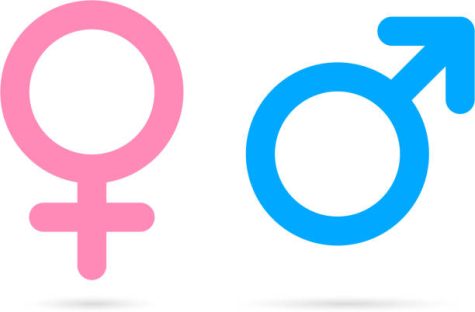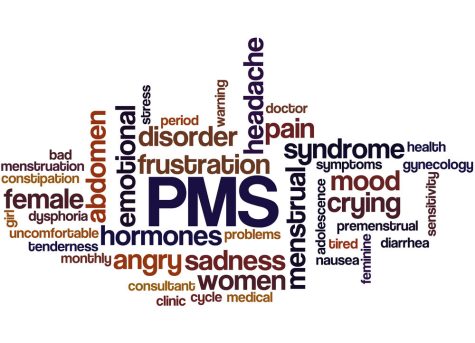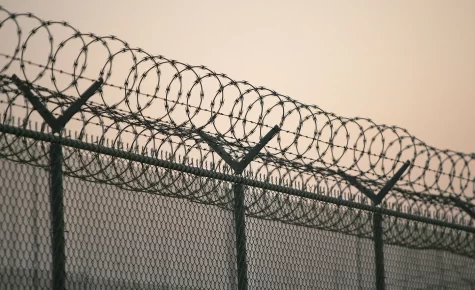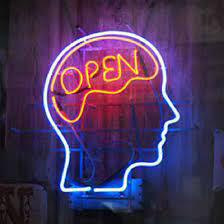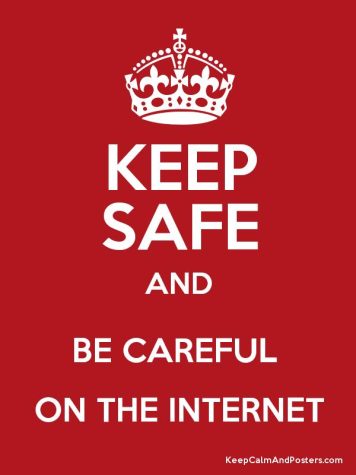Men can cry
Are male emotions compromised by masculinity?
March 1, 2018
For as long as I can remember, I can always recall seeing the men that I knew going to great lengths to hide their emotions — always seeming to replace any feelings of sadness with those of anger, and I’ve never been able to understand why they do this.
However, it’s become more apparent that there’s a strong belief deep-rooted into our society that men are “weak” or less of a man if they cry or openly express their emotions, which is absurd. Men are human beings just as much so as women, and they are allowed to express emotions in the same ways.
In the past, men who openly express their emotions have been coined as effeminate by society, and this is entirely unfair. It seems as though we’re pressuring and conditioning our men to never reveal that they experience any emotions which can lead to a buildup of negative emotion and ultimately lead to suicide attempts.
In the United States, suicide is the tenth leading cause of death, with men becoming a part of that statistic 3.57 times more often than women. On average, there are 123 suicides daily, and 7 out of 10 of those are male suicides.
We don’t listen to men when they make attempts to express emotion and reach out for help simply due to the fact that our society teaches them to suppress their emotions. We never actually tell them that the feelings they experience are valid and acceptable.
This archaic idea that men are not allowed to be emotional is often perpetuated even stronger within small towns. I personally have a friend that openly admits to replacing his feelings of sadness with those of anger. He says, “It’s not exactly culturally accepted, especially living in a small town and everything. It’s not exactly an attitude that’s shared where I live. People here still hate the idea of femininity, so a man expressing emotions sometimes shared with a feminine value is totally unacceptable.”
The simple fact of the 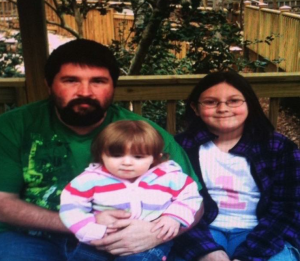 matter is, the idea that men should be cold and unfeeling needs to end.
matter is, the idea that men should be cold and unfeeling needs to end.
Jordan Snider, a student at the New England Conservatory of Music in Boston admits that he has felt very strong emotions for as long as he can recall, stating, “I’ve always been told that it was unmanly to cry, but I never really felt that it was. I mean, of course, my brain told me to stop so I wouldn’t be scolded for showing emotions and such, but I never really thought that it was an unmanly thing to do.”
Young men are often taught from a young age to have hard emotions and basically be a rock but holding in those emotions don’t make you a better person.
“Showing my emotions has helped me show compassion for others,” Snider said. “I try to give homeless begging for money a little something and sometimes bring them McDonald’s.”
He continues with, “Before I left my parents’ house, I just choked down my emotions because I didn’t want to start confrontation, but now if somebody were to put me down because I’m letting emotions out, I’d probably tell them to kindly mind their business, but I try not to surround myself with people that would put me down.”
He also recounts that being a male who openly expresses emotion can lead to teasing and rejection from your peers. He says, “ I’ve been rejected on a date because I was too emotional, my mother did it plenty of times and I was always called gay throughout grade school for being overexcited about things, which never offended me, but others thought it was something horrible back then.”
Another account of the overall toxicity of this idea being perpetuated comes from Jae Baker, a student of Georgia Connections Academy, on behalf of their father whom they lost to suicide.
They say, “It’s such a pointless and toxic idea that men aren’t allowed to be emotional or reach out for help when they needed it. It’s not just some stupid stereotype at this point, it’s becoming something that can be fatal in the long run. On September 21 of 2017, my dad had a normal day right up until he got hit with a low blow by someone who was supposed to be a friend when he was already down; then he got up, took an entire bottle of valium, went outside, and shot himself in the head.
“He died because no one aside from me listened to him or encouraged him to speak up during times where he was struggling. He was depressed and bipolar. He needed someone. Times were extremely rough for him, and he needed more than, at the time, a seventeen-year-old kid could give him, and he didn’t get that because men are expected to be strong and steady and to never reveal when they’re struggling.”
Men are allowed to cry, they’re allowed to feel every single emotion women do. One in eight men are diagnosed with a mental illness and feel alone because no one listens to them when they need it.
Mental illness in men can be harder to diagnose, mostly because men don’t feel the need to express how they feel, and don’t seek help until it starts affecting them physically. We need to start listening to our fathers, brothers, sons, and friends. We need to be there for them and help them, let them know that it’s alright to feel emotions that aren’t neutral or anger.
You are valid, you are needed.






